Google has officially announced the transition from Google Assistant to Google Gemini, marking a significant shift in its AI strategy. Over the coming months, users will be upgraded from Google Assistant to Gemini, and by later in the year, Google Assistant will no longer be available on most mobile devices or for new downloads from mobile app stores. This transition reflects Google’s commitment to advancing AI capabilities and providing users with more personalized and contextually aware experiences.
Understanding Google Assistant
Launched in 2016, Google Assistant has been a pivotal virtual assistant, enabling users to perform tasks such as setting reminders, checking the weather, and controlling smart home devices through voice commands. Its integration across various devices, including smartphones, speakers, and cars, made it a ubiquitous tool for many. However, as AI technology evolved, the need for more advanced and personalized interactions became evident.
Introducing Google Gemini
Gemini is Google’s latest AI platform designed to offer more contextually aware and nuanced responses compared to its predecessor. Unlike Google Assistant, which primarily focused on task-oriented assistance, Gemini leverages generative AI to handle complex instructions and provide unique answers. This advancement allows for more natural and engaging interactions, positioning Gemini as a more versatile assistant.
Key Features of Google Gemini
- Personalized Responses: Gemini can tailor its answers based on users’ search history and interactions, offering more relevant suggestions and information.
- Multimodal Interactions: Users can interact with Gemini through text, voice, and images, making conversations more dynamic and flexible.
- Integration with Google Services: Gemini seamlessly integrates with other Google apps like YouTube, Maps, and Photos, providing a cohesive user experience.
- Extended Context Window: With an enhanced ability to understand and remember context, Gemini can engage in more coherent and lengthy conversations.
Transitioning from Google Assistant to Google Gemini
The shift from Google Assistant to Gemini is designed to be smooth and user-friendly. Here’s what users can assume during this changeover:
Timeline and Availability
- Upgrade Process: Google plans to upgrade users from Google Assistant to Gemini over the coming months. By later this year, Assistant will no longer be accessible on most mobile devices or available from app stores.
- Device Compatibility: Devices running Android 9 or earlier with less than 2GB of RAM will still support the classic Assistant. Additionally, tablets, cars, and connected devices such as headphones and watches will be upgraded to Gemini.
How to Switch to Gemini
For users eager to experience Gemini’s advanced features, switching is straightforward:
- Access Settings: On your Android device, open the Settings app.
- Navigate to Assistant: Tap on ‘Apps’ and then select ‘Assistant’.
- Set Gemini as Default: Choose ‘Gemini’ and confirm to make it your default assistant.
Enhancing User Experience with Gemini
Gemini’s integration into daily tasks promises to enhance user experience in several ways:
Personalized Interactions
By analyzing your search history and preferences, Gemini offers tailored recommendations, making interactions more relevant and engaging.
Seamless Integration
Gemini’s ability to connect with various Google services ensures a unified experience, allowing for efficient task management and information retrieval.
Advanced AI Capabilities
Leveraging generative AI, Gemini can handle complex queries and provide detailed, context-rich responses, elevating the standard of virtual assistance.
Comparing Google Assistant and Google Gemini
Understanding the differences between Google Assistant and Google Gemini highlights the advancements in AI technology:
| Feature | Google Assistant | Gemini |
| Interaction Mode | Primarily voice-based commands | Supports text, voice, and image interactions |
| Response Generation | Task-oriented, straightforward responses | Contextually aware, nuanced answers using generative AI |
| Integration | Limited to specific Google services | Seamless integration with a broader range of Google apps and services |
| Personalization | Basic personalization based on limited data | Advanced personalization leveraging search history and user interactions |
| Context Understanding | Limited context retention, requiring repeated information | Extended context window for coherent and continuous conversations |
User Feedback and Adoption
As with any significant technological shift, user feedback plays a crucial role in shaping the future of Gemini:
- Positive Reception: Many users appreciate Gemini’s ability to provide more personalized and detailed responses, enhancing their overall experience.
- Areas for Improvement: Some users have expressed concerns about missing features that were present in Google Assistant, indicating a need for continuous development.
Future Prospects
Google’s transition to Gemini signifies a broader trend towards more intelligent and adaptable AI systems:
- Continuous Learning: Gemini’s ability to learn from user interactions suggests a future where virtual assistants can anticipate needs and provide proactive assistance.
- Broader Applications: The integration of Gemini into various Google services hints at potential applications in areas like education, healthcare, and entertainment, where personalized AI can offer significant benefits.
- Even More Personalization – AI will better predict user needs.
- Deeper Smart Home Integration – Enhanced control over IoT devices.
- Expanded Multilingual Support – Improved communication in multiple languages.
- Augmented Reality Features – AI-assisted AR experiences for navigation and learning.
Conclusion
The shift from Google Assistant to Gemini represents a monumental step in AI evolution. With improved intelligence, better personalization, and expanded capabilities, Gemini is set to redefine how we interact with technology. Are you excited about the future of AI assistants? Let us know your point of view in the comments!
FAQ
Q: How is Gemini different from Google Assistant?
A: Gemini uses advanced AI models for more intelligent, contextual, and dynamic responses, while Google Assistant relied more on pre-programmed commands.
Q: Will Google Assistant be discontinued?
A: Google is gradually transitioning users to Gemini, but Assistant may still be available for a limited period.
Q: Can I use Gemini on all devices?
A: Initially, Gemini will roll out to Google Pixel devices and select Android versions, with broader availability expected later.

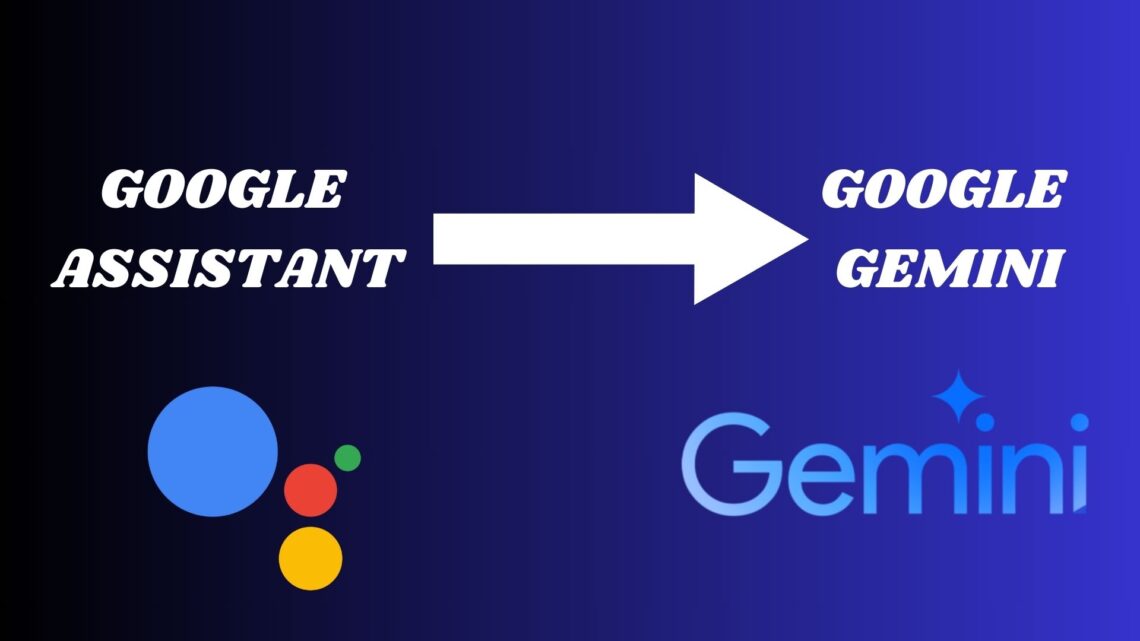

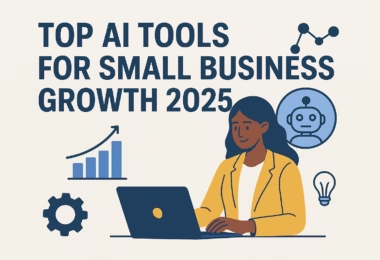
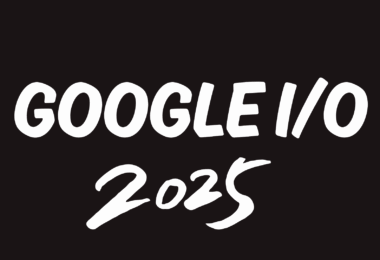
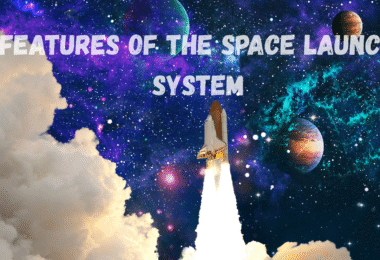
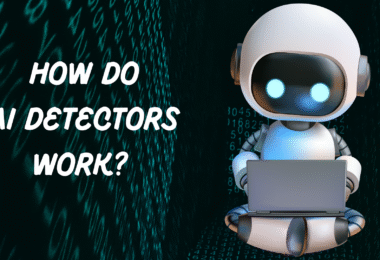
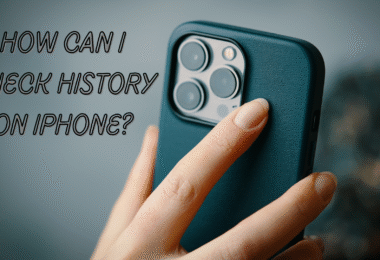
Leave a Comment